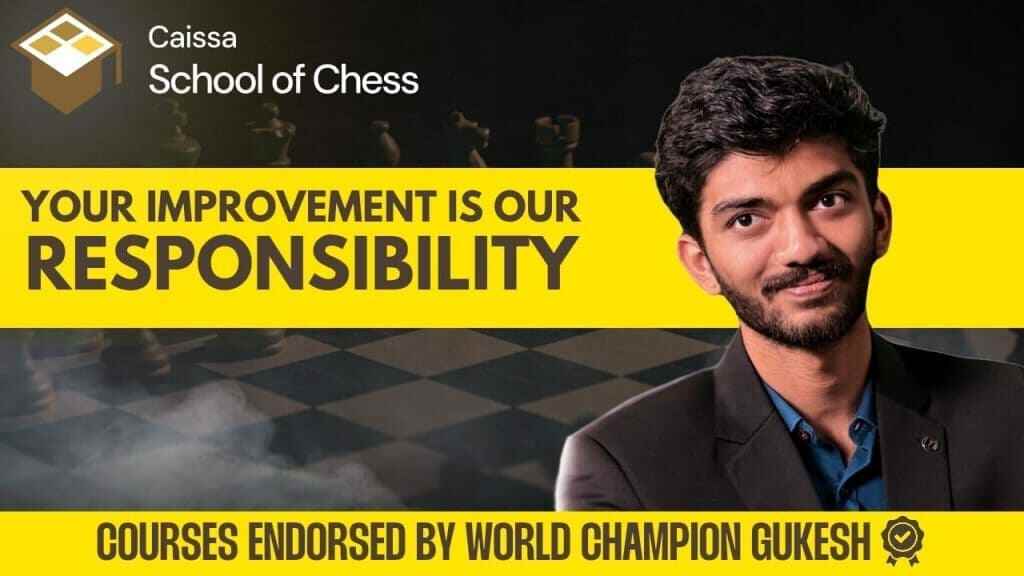
Navigating the directory of Online Chess ‘Coaches’
One of the favourable developments in India has been the spurt of fantastic players and hence, online chess coaches in the country. There are quite many online chess coaches who understand the game well, and can indeed add value to the player’s understanding of the game.
So from where do you find potential coaches?
Firstly, speak with chess enthusiasts you know. If you are here, it is likely you know a bunch of chess enthusiasts who may know and be able to refer good online chess coaches. It is natural to have this circle of your chess friends to advise you on the matter. Additionally, they can give clear picture on the pros and cons of their experience.
You can also look through the lichess coaches directory here: https://lichess.org/coach or the Chess.com directory here: https://www.chess.com/coaches. Go through them and see whom you could potentially reach out to.
Caissa School of Chess has become a top choice for chess players who are starting their chess learning journey. You may want to explore Caissa School of Chess before deciding on your chess coach.
Be aware of the player
For the coach-learner relationship to work, the first thing to think about is the nature of the player. For example, what it takes to train a very young child beginning with the game is very different than an intermediate player of slightly elder age. For some players, discipline needs more work while for others it may come naturally. Are you looking for online chess coaches to just kindle your child’s interest in the game or are you looking to plug the gaps in understanding in Ruy Lopez?
Be clear of the player and the need.
Need for discipline and work
With children, as with other chess players, it is essential to work with discipline. This means online chess coaches need to have clarity with what they would do to keep the student interested when they are not in a class. Do they have an approach or curriculum worked out or do they do better with high specific areas of the game and expect students to be naturally self-motivated.
With children, this is often a very important factor. The ability of the teacher to kindle interest and inspire discipline and commitment is critical for children to sustain interest and make progress. While with more advanced players, even if children, it is important for the coach to understand gaps and communicate in a way that bridges those gaps.
Make sure the coach knows how to make progress in the tournament circuit
Once the student has started learning and improving, it becomes a strong motivation to go out there and compete. The need to know how to go about these tournaments, how to get AICF and FIDE registrations, dealing with failures while making sure motivation does not flag – all of these are critical for the student to make progress.
Do a trial class or two
Needless to say, remember to talk about this. This is well worth the effort for both the teacher and the student to make sure the association is mutually beneficial over a long term!
Choosing the right chess online chess coach is an important decision, but it’s one that is well worth the time and effort. A good coach can help you improve your game faster and more efficiently than you could on your own.
Start your chess journey with Caissa School of Chess — a trusted partner for players at all levels!





